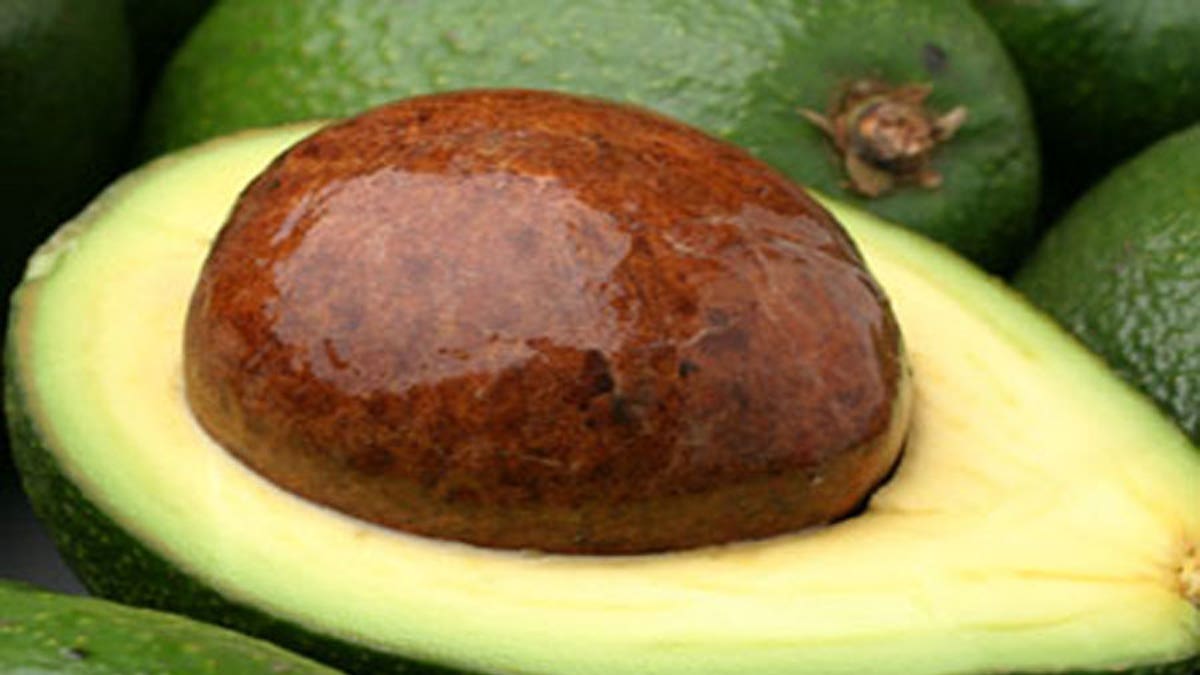
(iStock)
Whether you’re completely repulsed by certain foods or constantly craving others, the choices you make play a vital role in having a healthy pregnancy and a healthy baby. Plus, studies show what you eat during pregnancy will influence what your child likes to eat when he or she older.
So what exactly should you be eating every day? Here, our experts Sarah Krieger, a registered dietitian and spokesperson for the Academy of Nutrition and Dietetics and Cammi Balleck, a naturopathic doctor and author of Making Happy Happen, weigh in.
1. Milk, yogurt, and cheese
The protein found in dairy is essential to your baby’s cellular development, plus milk in particular is a great source of calcium and Vitamin D and may even help nausea. Aim for 3 to 4 servings of straight up milk or use it in smoothies, lattes, or added to oatmeal. Choose low-fat or nonfat cheese and opt for Greek yogurt over regular, which packs twice as much protein.
2. Iron-fortified cereals
Since your baby pulls iron from your blood during pregnancy, it’s important to make sure you’re getting enough each day. Check the label and choose cereals that have an 80 to 90 percent daily value of iron.
3. Citrus fruits
Craving cold, refreshing fruit? Oranges, grapefruit, tangerines, and clementines can satisfy your cravings. Plus, because they are filled with vitamin C they help iron to be absorbed into the blood.
4. Eggs
A great source of protein, iron, and choline, which is important for brain development, eggs also contain 12 vitamins and minerals and pack a ton of nutrition in just 70 to 80 calories. Krieger says during pregnancy, cholesterol isn’t a concern, so it’s OK to have 2 or 3 servings a day.
5. Dark leafy vegetables
Kale, collard greens, spinach, and Swiss chard are all great sources of vitamins A, C, K, iron, and B vitamins which are beneficial for the nervous system, brain development and the blood. Aim for 2 to 3 cups a day.
6. Avocado
Love guacamole? Go right ahead and dish out this snack time favorite with whole grain chips, or add it to salads or sandwiches. Avocado is high in monounsaturated fats, which are good for skin and brain health.
7. Lentils
Filled with fiber and protein, lentils will satisfy those hunger pangs fast and can ease constipation pregnancy is notorious for. Lentils are also a great source of folate, calcium, zinc and amino acids, are quick and easy to prepare, and a versatile option in soups, stews or salads. Aim for 2 to 3 servings a day.
8. Quinoa
Craving carbs? Quinoa is an excellent source of protein, fiber, vitamin B, E, antioxidants, folic acid, and phytonutrients, or plant compounds that help protect and build new cells. Quinoa is also an excellent source of folic acid which helps all cells grow and produce. Aim for 4 or 5 servings a day, or up to 10 servings of whole grains in total.
9. Salmon
According to a recent study published in the American Journal of Clinical Nutrition, pregnant women who ate salmon twice a week, increased their and their fetus’ levels of omega-3 fatty acids which help your baby’s brain and eyes develop. Choose fresh, frozen or canned, but because of the risk of mercury contamination, aim for no more than 4 to 6 ounces a few times a week.
10. Berries
Strawberries, blueberries, blackberries, and raspberries are filled with vitamin C, beta carotene, potassium, folic acid and antioxidants all of which build your baby’s healthy skin cells and immune system. Here’s a tip: Eat berries after a meal high in protein or iron to absorb the nutrients better. Aim for 1 to 2 cups a day.
Pregnancy Protein Cocktail
This recipe developed by Cammi Balleck is filled with protein, vitamins and minerals, and is a great choice if you don’t have an appetite.
1 cup greek yogurt
1 cup almond, coconut, goat milk or milk
1 banana or 1/2 cup berries
1 tsp. peanut butter
1-2 tsp. honey
1/2 tsp. black-strap molasses
1 tsp. super green powder or hemp seeds
1 tsp. wheat germ
1 scoop protein powder
water if needed
Blend all ingredients together and enjoy.








































